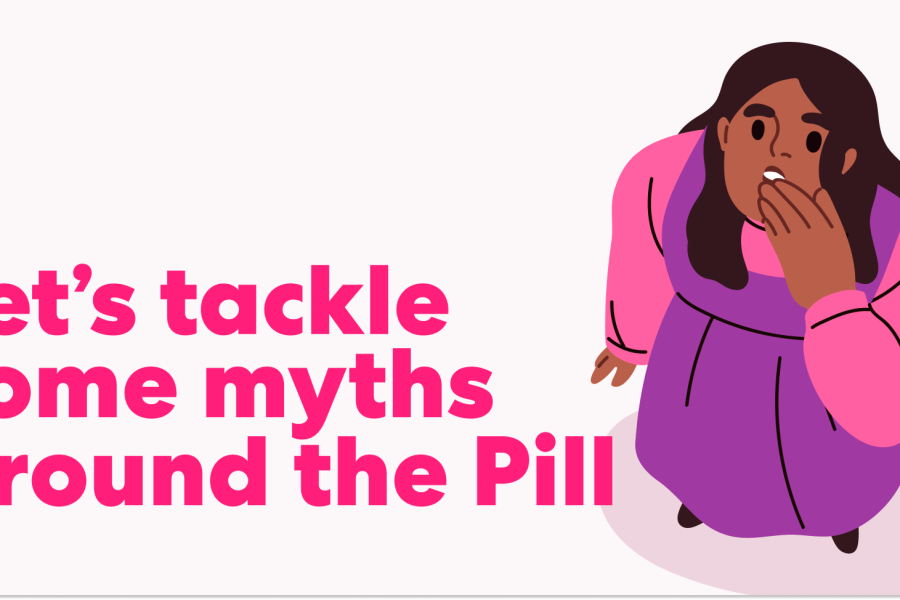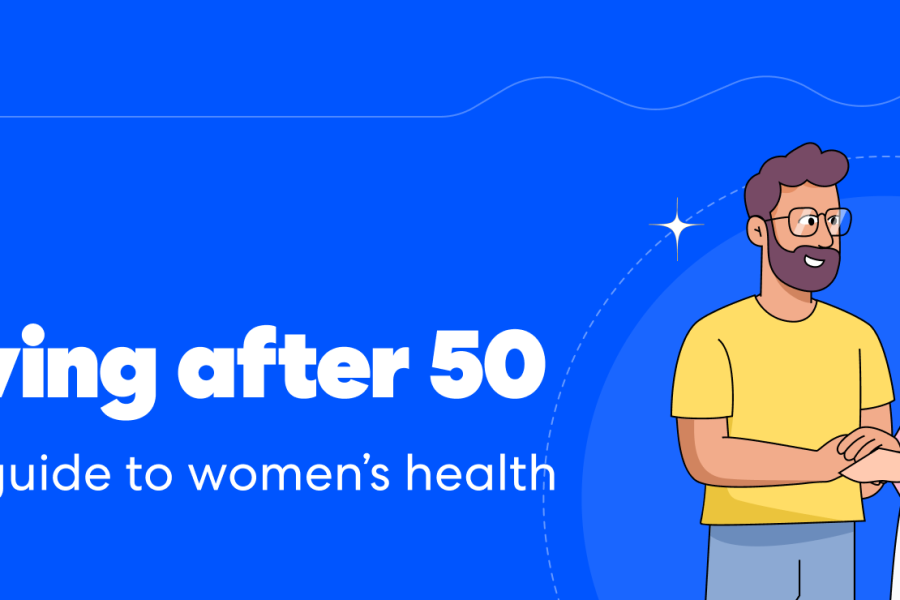This article has been medically reviewed by Dr. Smrithi Nayak MBBS ,DGO ,FRM ,DIP GYN LAP
Let’s get some scary statistics out of the way…
Worldwide, breast cancer is the second most common cancer in women after skin cancer. And in India it is slowly becoming more common than cervical cancer which till now had the highest incidence rate among Indian women. Worldwide, 1 in 3000 pregnant /lactating women are also diagnosed with breast cancer.
In India, only 66% of breast cancer patients survive, compared to 90% in the US. This is due to the fact that women are diagnosed with cancer at a later stage and do not opt for preventive checkups.
Who is at a higher risk of breast cancer?
Typically thought of as an age-specific disease among postmenopausal women, The National Cancer Registry Programme (NCRP) predicts a steady rise in breast cancer among younger women under ages 45.
Taking the first steps towards prevention
These stats are not to instil fear but just to get some perspective on the problem before us, a problem that has clear solutions if we get the basics right.
Let’s start with some…
Some lesser-known facts about breast cancer
- You can get breast cancer even if it does not run in the family
The majority of women who develop breast cancer don’t have a family history of the disease. However, women with close blood relatives who have had breast cancer are at a greater risk.
- Breast cancer doesn’t always reveal itself in the form of a lump.
Breast cancer has many symptoms (read below) and lump may be one indicator, though not always a definitive sign of breast cancer.
- Men can get breast cancer too.
Breast cancer is typically thought of as a condition that happens in women. But everyone is born with some breast tissue. So anyone can get breast cancer.
Having a male relative who’s had breast cancer increases your risk of the cancer.
- Breast pain is common and not always a sign of breast cancer.
Interestingly, breast pain is usually not a sign of breast cancer. Breast pain can result from anything from an unsupportive bra to hormones, from an injury to water retention. But it is important to get the pain checked immediately.
- Drinking alcohol can increase your breast cancer risk.
Compared to women who don’t drink at all, women who have three alcoholic drinks per week have a 15% higher risk of breast cancer.
One drink equals >350 ml of beer, 147 ml of wine, or >44 ml of hard liquor.
What are the symptoms of breast cancer?
According to the Centres of Disease Control and Prevention, different people have different symptoms of breast cancer. Some people do not have any signs or symptoms at all.

How can you perform a self-breast examination (SBE)?
Examining your breasts is the most important activity you can include in your self-care routine. It costs nothing and familiarises you with your tissues and any abnormalities. Doctors recommend checking your breasts in the shower/mirror because it becomes easier to detect masses in the upper part and while lying down to check the lower part of the breasts.

In the shower
Raise your hand over your head and use the fingertips pads of the other hand to start your BSE.
Press around the breast and the armpit of the raised hand. Notice how the tissue feels.
Use three types of pressure to self examine: light, medium, firm (deep into the tissue)
Use circular motions or up and down patterns to check your breast region.
Repeat steps on the other breast.
In the mirror
Stand in front of a mirror. Relax your arms.
Raise your hands over your head. You can also place your hands on your hips or leave arms hanging on the sides
Notice the shape, size and texture of your breasts.
Check for swelling, lumps, dimpling scaly skin, or other skin changes.
Check for nipple changes, such as a nipple that is painful or inverted (pulling inward).
In bed
Lie down on your back with a pillow.
Place your one arm behind your head.
Use the three fingers on the opposite hand to inspect your breast and armpit.
Use light, medium and deep pressure to check for lumps.
Squeeze the nipple to look for any discharge.

When and how often should you self-examine your breasts?
- Women should examine their breasts each month starting at the age of 20 and continue for life.
- The best time to do a monthly self-breast exam is about 2 to 3 days after your period has finished, as your breasts are not as tender or lumpy at this time in your monthly cycle.
- If you are postmenopausal then you should check your breasts at the same time each month, so you don’t forget.
How often should you get a clinical breast exam/mammogram?
Women age 40+ should consult with their doctor for the right kind of breast cancer screenings as different women may be at different levels of risk (genetic mutation, close relatives with cancer etc). Women over 50 should get a mammogram every year or every second year on their doctor’s advice.
What are the different treatments available for breast cancer?
According to the CDC, there are many treatments available and the doctor may prescribe more than one type of treatment.
Surgery: An operation where doctors cut out the cancer.
Chemotherapy: Using special medicines to shrink or kill the cancer cells. The drugs can be pills you take or medicines given in your veins, or sometimes both.
Hormonal therapy: Blocks cancer cells from getting the hormones they need to grow.
Biological therapy: Works with your body’s immune system to help it fight cancer cells or to control side effects from other cancer treatments.
Radiation therapy: Using high-energy rays (similar to X-rays) to kill the cancer cells.
Some frequently asked questions
Is there anything I can do to lower my risk of breast cancer?
While some risk factors may be outside of our control (such as family history or ageing), there are lifestyle changes that can reduce the risk. Eating healthier, maintaining a healthy weight and reducing or eliminating alcohol consumption are a few things you can do to reduce the risk.
Can breast cancer be cured without surgery?
No. Surgery is the only reliable way to remove the cancer.
Some patients may not want to get surgery. In such cases a doctor may treat them with hormone blocking medications to delay cancer progression in some areas. But it is not a curative procedure.
Please consult with your doctor to understand all risks before deciding against surgery.
Can breast cancer recur after a successful surgery?
Whether the cancer reappears depends on the type of breast cancer and its stage. The highest risk of recurrence for breast cancer patients is during the first few years after treatment.
Women with early breast cancer most often develop local recurrence within the first five years after treatment. On average, 7 percent to 11 percent of women with early breast cancer experience a local recurrence during this time
Percentage goes up depending on age, stage of disease, genetics and hormonal receptors.
Breast cancer recurrence is of three types:
Local: If the cancer has reappeared in the same area as before
Regional: If breast cancer has spread to the chest, breast skin, lymph nodes around the neck, under the breast bone.
Metastatic: When the cancer reappears in other parts of the body like bones, lungs, liver and brain.
Even at recurrence, your doctor can decide the best way to manage it through different forms of therapy.
Can I wear a bra after I’ve had surgery?
Your doctor can tell you if you need to wear a bra after surgery. Most women wear a soft, non-wired bra with a front clasp in the first few weeks after surgery
How long does it take for marks to heal after surgery?
In most cases, wounds heal in 2 to 3 weeks. Wounds from breast reconstruction surgery heal within 6 to 8 weeks.
Can I lead a normal life after I’ve had my breasts removed?
Women may react differently to surgery emotionally, physically and sexually. It is important to talk to a doctor and counsellor to find the right way to live a normal life as before.
A quick guide on all cancer screenings for women
Even guide for cancer screening
As Even members, you have 24×7 access to personal doctors. If you want to know whether you are at risk or have been feeling any of the symptoms above, please text your personal care team immediately or call 080 47495555.






